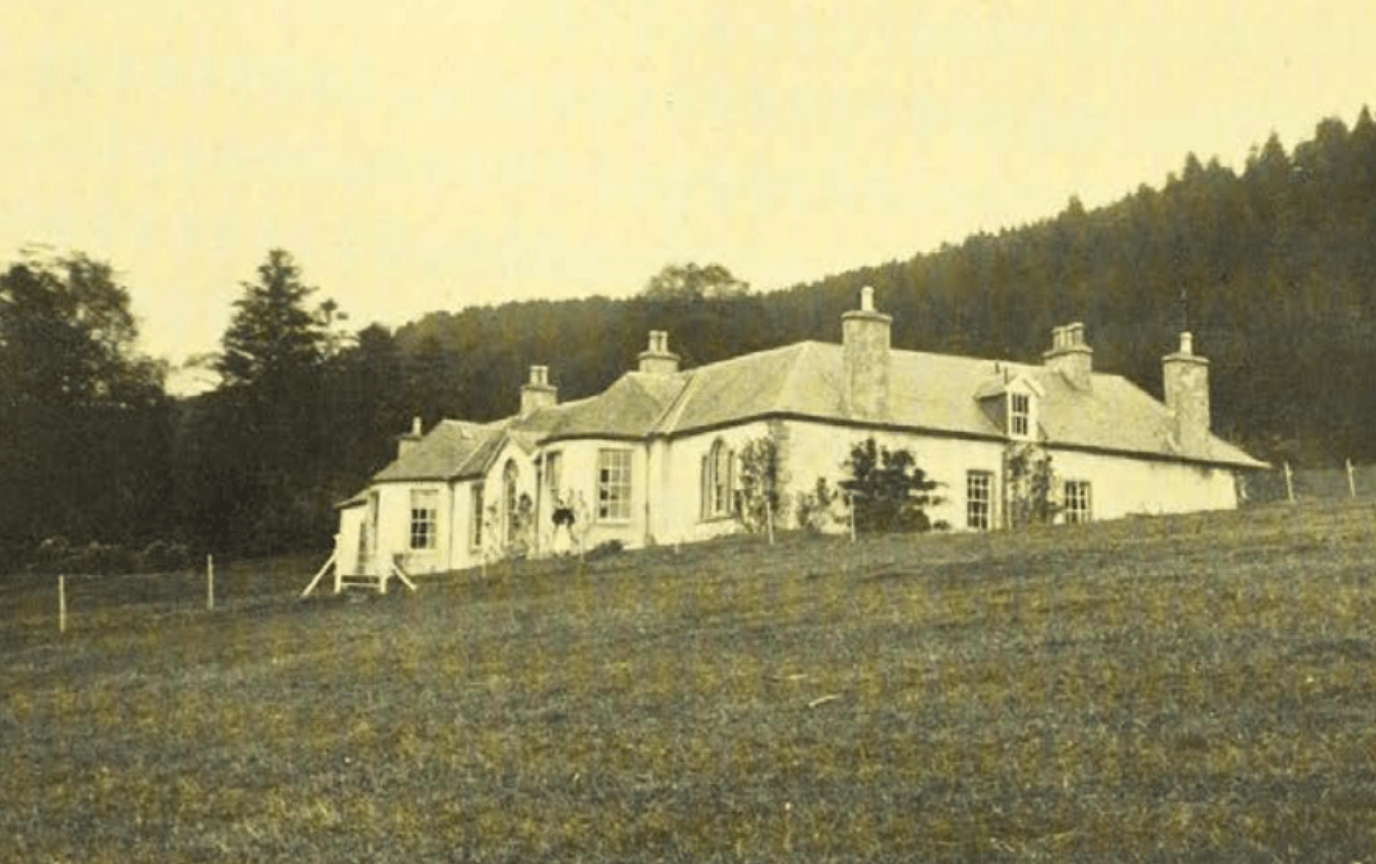This month on Discourse! join David G. Robertson, Vivian Asimos and Aled Thomas at the BASR as they discuss the mythology of Zelda, austerity and evangelical Christians, and the potential arson of Crowley’s Loch Ness redoubt, Boleskine House.
Links:
- Austerity and evangelical Christians: https://www.premierchristianity.com/Past-Issues/2018/June-2018/Faith-in-action-How-Christians-are-plugging-the-gap-left-by-austerity
- Mythology of Zelda https://youtu.be/3fr1Z07AV00
- Potential arson at Boleskine House https://wildhunt.org/2019/08/update-on-boleskine-house-arson.html









